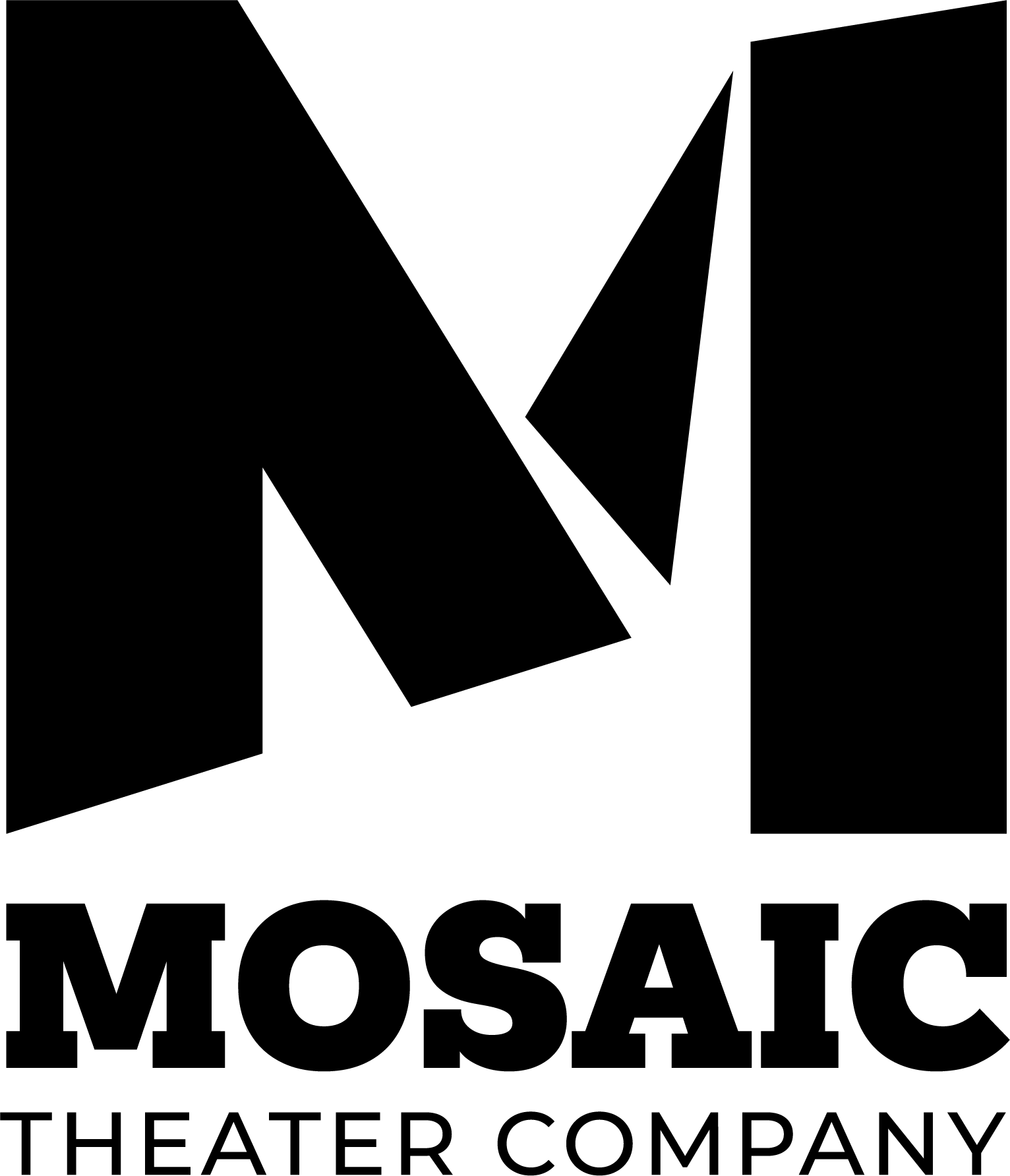STATEMENT FROM NANCY PLAYWRIGHT RHIANA YAZZIE
When I was commissioned as part of the American Revolutions commissioning program at the Oregon Shakespeare Festival, the American story that kept coming back to me was about Pocahontas. While researching and writing that play (Princess Pocahontas and Queen Cleopatre), I found an interesting bit of trivia that Nancy Reagan was a descendant of her. Suddenly this put the Reagan administration in an entirely new light for me. Was the story of the Reagans really a Native story? My answer is this play, the sequel to Princess Pocahontas and Queen Cleopatre.
I’ve done copious amounts of research to bring the historical characters to life, as a dramatist I’m always interested in unique intersections and untold moments and I found many of those in Nancy Reagan. Ultimately, the parts of her story that made sense to me were the pieces of her that wanted so badly to be loved and to be liked. Through some sides of the prism of this character, you could paint this story as a tragedy, not even really for her, but for the fall-out that self-focused desire creates and inflicts on everyone around them. Another perspective would show her personal pain of being misunderstood and viciously attacked by the media and political opponents as tragic too. As the playwright, I couldn’t draw a black and white line; how could I write a play about a historical figure I had no criticism of and how could I write a play about someone I set out to destroy? Neither story, in my opinion would be moving. I land squarely in exploiting many of Nancy and Ronnie’s real-life moments as comedic and absurd and ultimately, moments that are very human.
As a young child of the 1980s, I remember in detail the ways the Reagan administration affected my parent’s ability to put food on our table and whether or not we could access health care on the reservation through Indian Health Services, a treaty right that morphed in the 80s. I also remember the fear the Cold War created and how many nights I went to bed worrying about imminent nuclear war.
With so many visceral memories of the 80s I honestly felt like the Reagans were people I knew. So, in telling this story I added more people I knew, the characters of Esmeralda and Jacqueline with the struggle of fighting for your community’s and your own self-determination and how complicated doing that has become in the face of the multi-faceted way American Indian identity is constructed in America. Ultimately, I’m hoping to fill a gap in the narrative of American Native life, the emotional journey that lives between the crevices of inequity, history, cultural reclamation, and EDI statements. All my life I’ve craved a story that helped me understand my emotions and my circumstances but I never got to see a Native woman face the same challenges I did while over and over again I saw other women from other races and walks of life get to be characters solving their human dilemmas.
With Nancy, my goal was to tell an unexpected American story that gave us insight into historical figures while also giving all of us, Native and non-Native, the opportunity to feel the joys and devastations and comedy of a woman from a community we can fall in love with not just because we feel sorrow or joy for her, but because we genuinely see ourselves inside her beautiful and unique journey.

